Publications
Articles, publications, books, tools and multimedia features from the U.S. Institute of Peace provide the latest news, analysis, research findings, practitioner guides and reports, all related to the conflict zones and issues that are at the center of the Institute’s work to prevent and reduce violent conflict.
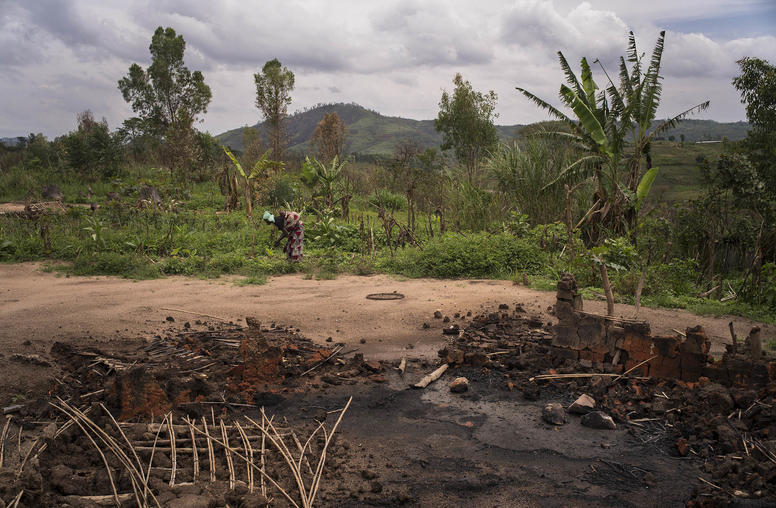
Saving Congo’s Forests Means Changing ‘Law Enforcement’
The Congo Basin rainforests, the world’s second largest, form the planet’s single greatest “carbon sink,” absorbing the atmospheric carbon dioxide that is overheating our planet. Yet this crucial front line against climate change is threatened by illegal and industrial logging, mining, oil and gas concessions and ongoing warfare in eastern Democratic Republic of the Congo (DRC). To save the rich and unique ecosystems of the Congo Basin forests, policies are needed to stop destructive resource exploitation and ongoing violence. This includes devising more effective, holistic approaches to upholding conservation laws in national parks and other protected areas.
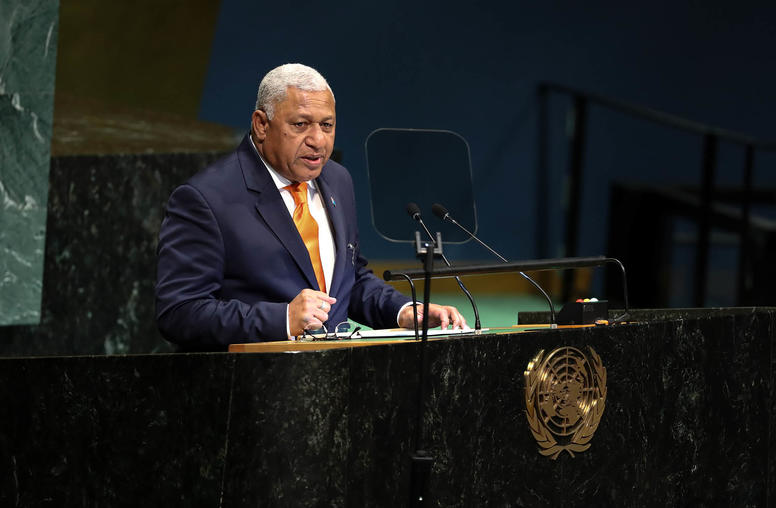
Fiji’s Election Marks a Crucial Moment for its Fragile Democracy
Fiji has become an integral part of the United States’ reengagement in the Pacific in recent years, including a visit to Suva from U.S. Secretary of State Antony Blinken in February. Although Fiji is a small country by global standards, it is a regional leader in the Pacific due to its central location, relative size and international role on issues ranging from peacekeeping to climate change action. Fiji also houses one of only six U.S. Embassies in the Pacific Islands, making it a hub for regional diplomacy.
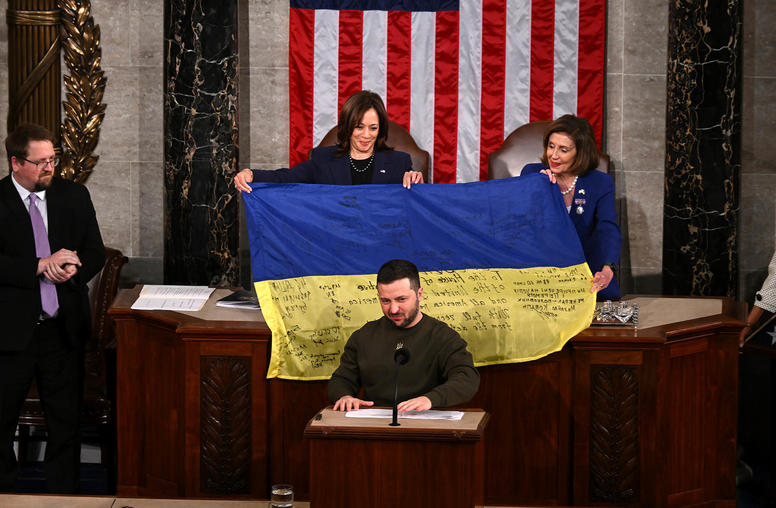
Ukraine’s Zelenskyy Asks: Can We Shorten This War?
President Volodymyr Zelenskyy seized Americans’ attention yesterday, rushing from a smoking Ukrainian battlefield to ask Congress directly for the help that can let Ukrainians turn back Europe’s most brutal war since Adolf Hitler. Flying home last night, the question Zelenskyy left behind is this: Will the United States trickle out its assistance slowly, perhaps to avoid a Ukrainian collapse but leaving this war to grind for years? Or might Zelenskyy’s impassioned appeal persuade Americans to invest in his ambition to shorten the bloodshed, reversing Vladimir Putin’s invasion in coming months to force him to accept a negotiated off-ramp from the war?
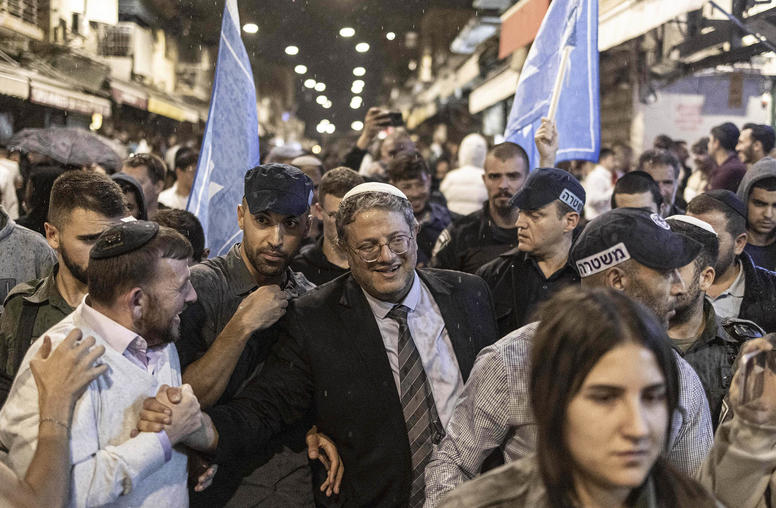
What Does Israel’s New Government Mean for the Israeli-Palestinian Conflict?
As 2022 came to a close, Benjamin Netanyahu once again took the helm of Israel’s government just 18 months after losing power in the wake of a series of stalemated elections. Already Israel’s longest-serving prime minister, Netanyahu’s approach to foreign policy, and to the conflict with and occupation of the Palestinians, is to some extent a known quantity. However, with his comeback and governing coalition dependent on the support and partnership of once-fringe extremist parties and politicians, 2023 holds the potential for conflict-driving disruption. USIP’s Lucy Kurtzer-Ellenbogen discusses the possible implications of Israel’s new government for the Israeli-Palestinian conflict and for Israel’s regional and foreign relations.
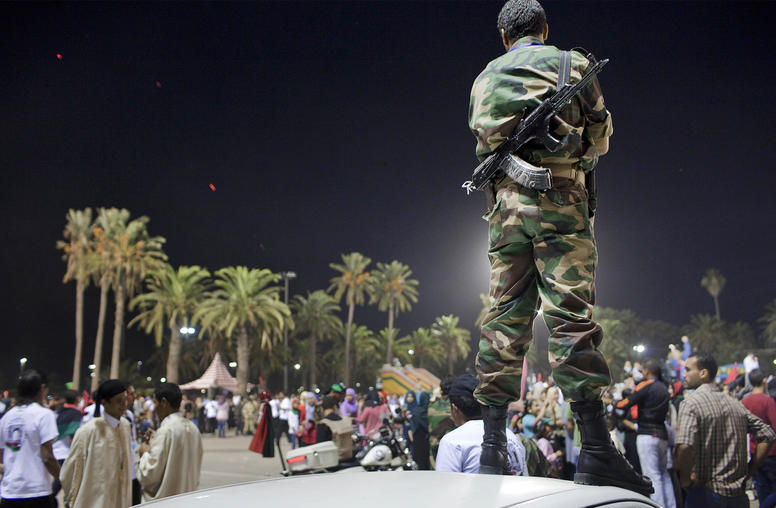
The U.N.’s Libya Mission Needs a Reset
Nearly 12 years since the overthrow of Libya’s longtime dictator, Muammar Qaddafi, the country remains divided, providing opportunities for malign foreign interference. European and Middle Eastern governments have exploited the Libyan conflict to advance narrow self-interests — often at the expense of the Libyan people. Against this backdrop, the United Nations, via its support mission in Libya (UNSMIL), has worked to find a way to balance the interests of the Libyan people, political elites and powerful external actors to devise a political settlement and resolve the conflict.
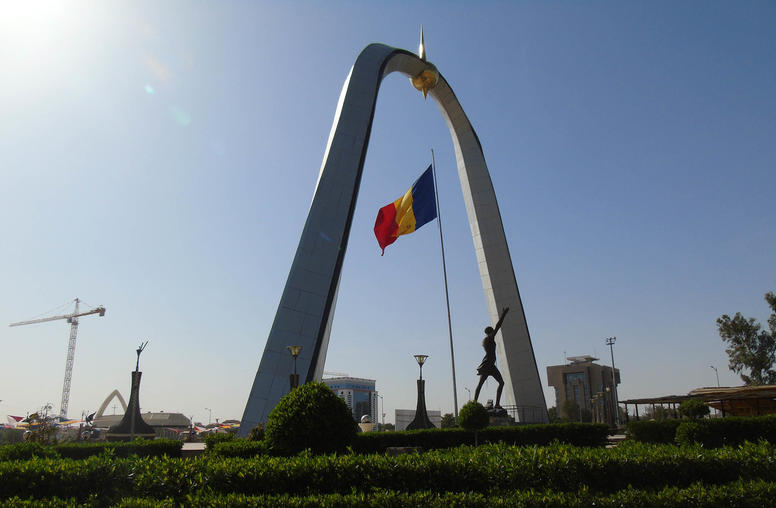
The U.S. Role in Furthering Chad’s Democratic Transition
When Chadian leader Mahamat Idriss Déby announced in October that the country’s transition period would be extended another 24 months, demonstrators took to the streets in protest, where they were met with violent repression from Chadian security forces. As the dust settled, Chadian authorities initially disclosed 50 people had been killed — but opposition groups and independent observers claim a much higher figure.
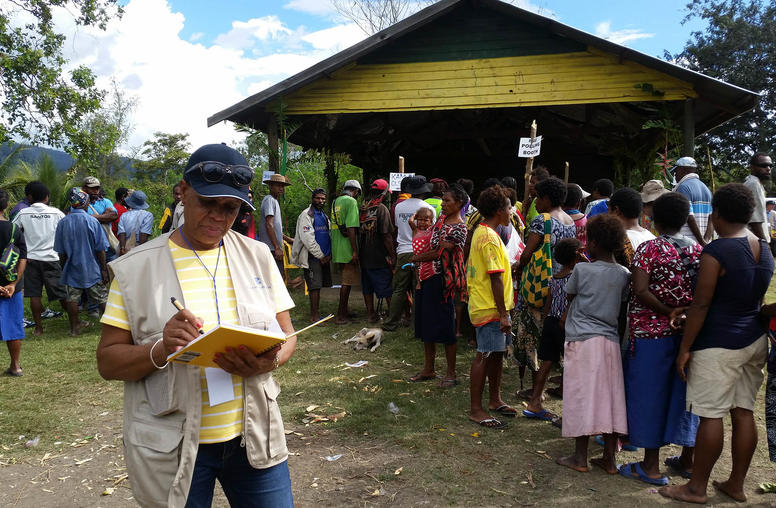
Why Are Papua New Guinea’s Elections Plagued with Problems?
Papua New Guinea’s 2022 elections suffered from a host of problems, following a pattern plaguing the country’s polls for years. At least 50 people died in election-related violence. Post-election fighting in the country’s Highlands region contributed to a rapid rise in internally displaced people. Election observers estimated that in some places as many as half of all voters could not vote owing to problems with the roll. Voting was disrupted and ballot boxes hijacked in places, and violence prevented vote counting from being completed in at least two national electorates. There is now an urgent need for the international community to intensify their work with the government of Papua New Guinea to ensure that future elections improve and that the country’s democracy is preserved.
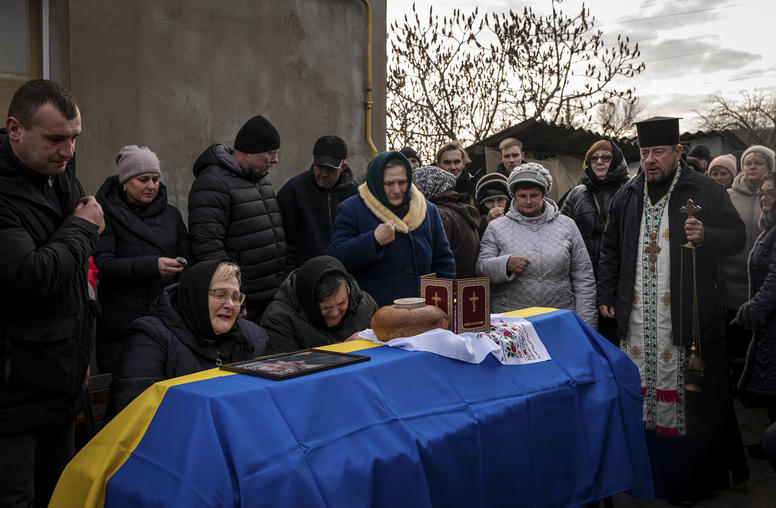
Ukraine: Can We Shorten a Path to Peace in 2023?
How will Ukraine’s war evolve in 2023, and can it yield a path to peace? Analysts’ scenarios for the war are full of unknowns. Yet one certainty is that Ukrainian soldiers and civilians will continue to fight Russia’s assault with every weapon at hand — or with none. Building a sustainable, rather than illusory, path to peace must take account of the Ukrainians’ determination. And laying such a path will benefit from noting that the immediate option for peace rests in the hands of Vladimir Putin, who on any given day could end this war by withdrawing his forces.

Le Rôle des États-Unis dans la Transition Démocratique du Tchad
Lorsque le dirigeant tchadien Mahamat Idriss Déby a annoncé en octobre que la période de transition du pays serait prolongée de 24 mois, les manifestants sont sortis dans les rues pour protester et ont été confrontés à une violente répression des forces de sécurité tchadiennes. Lorsque les choses se sont calmées, les autorités tchadiennes ont d'abord révélé que 50 personnes avaient été tuées, mais les groupes d'opposition et observateurs indépendants avancent un chiffre beaucoup plus élevé.
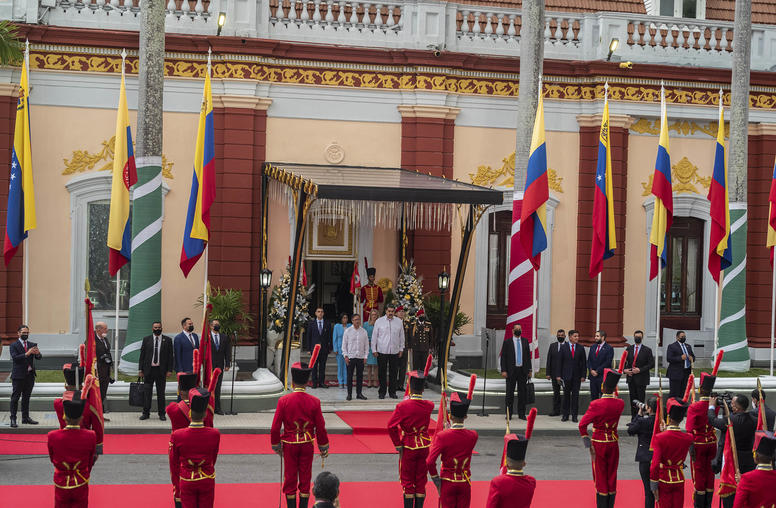
Six Ways to Help Sustain Venezuela’s Negotiations
At the end of last year, Venezuela’s opposition-controlled National Assembly voted to disband the “interim government,” led by Juan Guaidó, a four-year project designed to displace the country’s ruler, Nicolas Maduro. This comes amid a shifting regional landscape, with newly elected leftist governments in neighboring Brazil and Colombia supporting a negotiated solution to the conflict, and a more nuanced approach from many of the opposition’s traditional international supporters. The key to progress in the year ahead will be maintaining consistent negotiations, which remain the most efficient venue for key decisions, such as on elections, and engagement. There are several key ways to help nurture and sustain these talks, and to make them more impactful in achieving short-term improvements in the lives of the Venezuelan people.